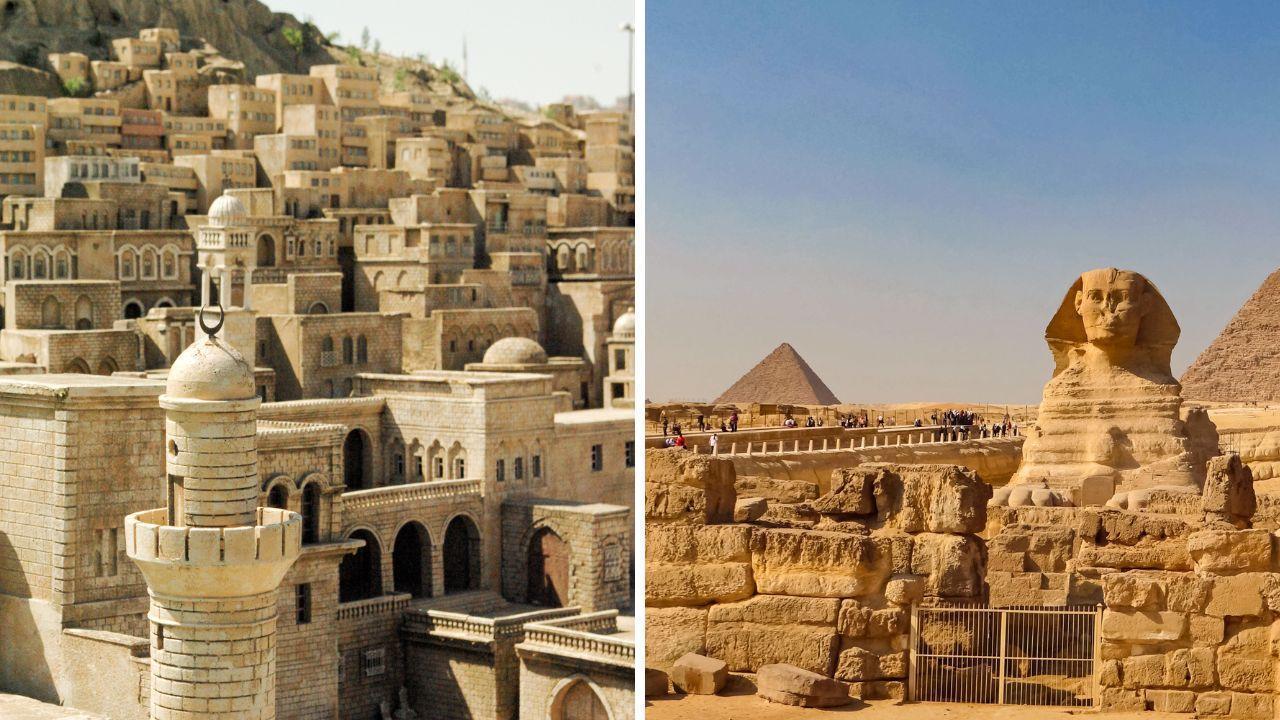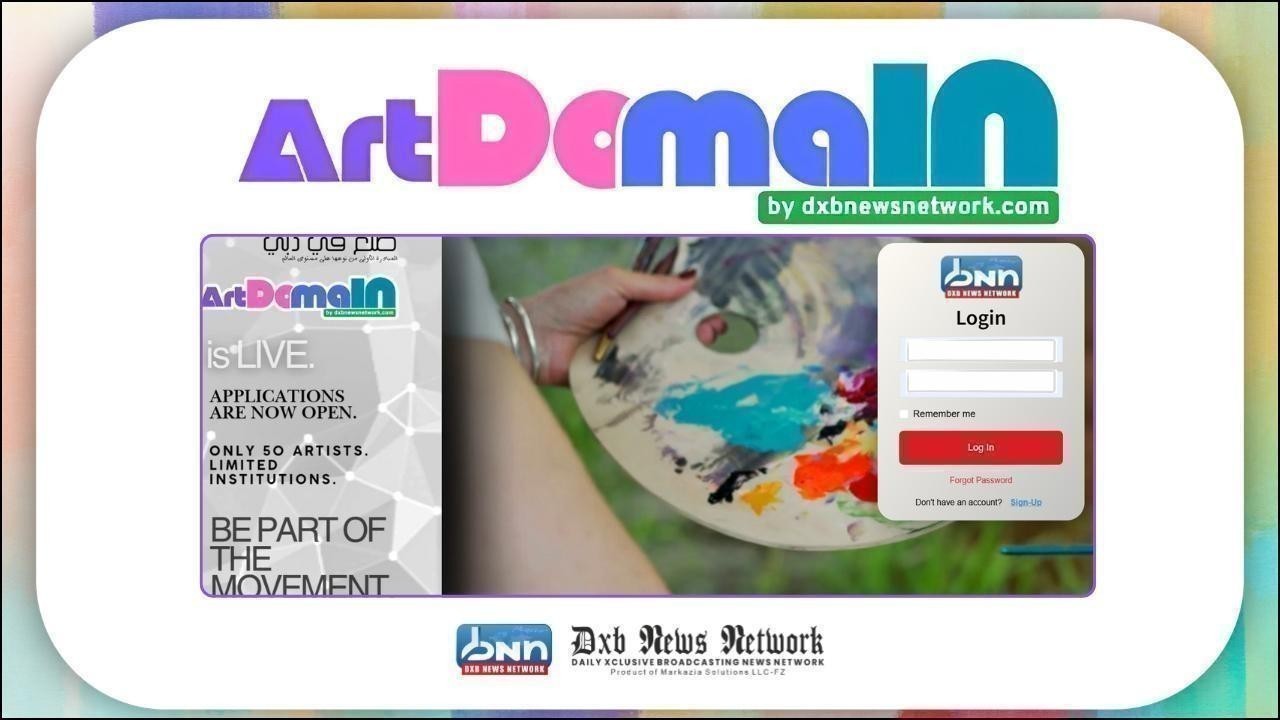
Post by : Zayd Kamal
Throughout the ages, Journey Through the History of Civilization has been an incredible tale of transformation, innovation, and resilience. From the earliest cave paintings to the rise of modern technology, the story of human development is a fascinating one. Civilization has shaped the way we live, think, and interact with the world. In this article, we will take a deep dive into this journey, tracing the evolution of societies and how they have influenced our present-day world.
The journey of civilization begins long before recorded history. In prehistoric times, early humans were hunters and gatherers, relying on their environment for survival. They lived in small, nomadic groups, often moving from place to place in search of food. However, the discovery of agriculture around 10,000 BCE marked a turning point. Early humans began to settle in one place, cultivating crops and domesticating animals.
This shift to agrarian societies was the foundation of the first civilizations. Mesopotamia, often referred to as the "Cradle of Civilization," emerged around 3,500 BCE in what is now modern-day Iraq. Here, the Sumerians invented writing, which became the cornerstone of human communication. The ancient Egyptians followed, developing their own complex society centered around the Nile River, known for monumental achievements in architecture, mathematics, and medicine.
As civilizations grew, so did their complexity. Empires rose and fell, each leaving behind a lasting legacy. The ancient Greeks and Romans made significant contributions to philosophy, democracy, and law, which continue to influence modern society today. The Greeks introduced democracy, allowing citizens to participate in decision-making, while Roman law formed the basis of legal systems used around the world.
In the East, the Maurya and Gupta empires in India made great strides in mathematics, astronomy, and literature. The Han Dynasty in China is also noteworthy for its advancements in engineering, the Silk Road trade, and its promotion of Confucian ideals. These cultures not only shaped their immediate surroundings but also had a profound impact on future generations.
The spread of religion also played a key role in shaping civilizations. The rise of major world religions such as Hinduism, Buddhism, Judaism, Christianity, and Islam had a unifying influence on large parts of the world, offering a sense of moral guidance and community. These religions are still deeply embedded in the societies they originated from, affecting everything from laws to cultural practices.
Following the fall of the Roman Empire, Europe entered the Middle Ages, a period marked by feudalism, the rise of Christianity, and the spread of Islam. This era was characterized by a complex mix of progress and turmoil. While Western Europe faced invasions from various tribes, such as the Vikings and the Huns, the Islamic Golden Age saw advancements in science, medicine, and philosophy, particularly in the Middle East.
One of the most significant events of the Middle Ages was the rise of the medieval church, which held great power and influence over people's lives. Monarchs and kings often sought the church’s approval to legitimize their rule, and the church itself became a center of learning, culture, and art. Despite the turbulence, this era laid the groundwork for the Renaissance, an intellectual and artistic rebirth that would later emerge in Europe.

The Renaissance, which began in Italy during the 14th century, was a period of cultural and intellectual awakening that challenged established norms and promoted a revival of classical knowledge. Artists, scientists, and philosophers such as Leonardo da Vinci, Michelangelo, Galileo, and Copernicus changed the way people viewed the world. The invention of the printing press by Johannes Gutenberg also revolutionized communication, making knowledge more accessible to the masses.
This period of intellectual flourishing eventually gave rise to the Enlightenment, a movement that emphasized reason, science, and individual rights. Enlightenment thinkers like Voltaire, John Locke, and Jean-Jacques Rousseau challenged traditional authority and promoted the idea of democracy and human rights. These ideas laid the foundation for modern political systems and revolutions, including the American and French Revolutions, which reshaped the world’s political landscape.
The Industrial Revolution, which began in the late 18th century, marked another monumental shift in human history. It was a period of rapid technological advancements, including the invention of the steam engine, the rise of factories, and the development of new forms of transportation like the locomotive and steamship. This era saw the rise of capitalism, urbanization, and a significant increase in global trade.
With new technologies came a transformation in society. Industrialization allowed for mass production and the rise of a consumer economy, dramatically changing the way people lived and worked. The Industrial Revolution also sparked social changes, including labor movements and the fight for workers' rights. While it brought about unprecedented progress, it also led to harsh working conditions, child labor, and environmental degradation—issues that continue to be addressed today.
In the 20th and 21st centuries, the Journey Through the History of Civilization reached unprecedented levels of change. World wars, revolutions, and the emergence of new superpowers reshaped global politics. The advent of the internet and digital technology has connected the world in ways previously unimaginable, creating a globalized society that continues to evolve at an incredible pace.
Today, civilizations are more interconnected than ever. Advancements in technology, medicine, and communication have brought humanity closer, while challenges such as climate change, political conflicts, and social inequality continue to test the resilience of societies worldwide. The future of civilization remains uncertain, but it will undoubtedly continue to be shaped by the ideas, innovations, and struggles of generations to come.
A Journey Through the History of Civilization takes us through the story of how human societies evolved over time. In the past, people lived simply as hunters and gatherers. But when agriculture began, civilizations started to grow. One of the first civilizations was in Mesopotamia, followed by Egypt. As time passed, other great civilizations like Greece, Rome, China, and India made important discoveries in areas like law, math, and medicine. These discoveries changed how people lived and still affect us today. In the Middle Ages, the church played an important role, and many advancements happened in the Islamic world. The Journey Through the History of Civilization continued with the Renaissance and the Enlightenment, where new ideas about science, art, and government emerged. The Journey Through the History of Civilization continued into the Industrial Revolution, when new inventions like the steam engine changed the world. In the modern age, we live in a connected world with technology, but challenges still exist. The Journey Through the History of Civilization shows us how humanity has grown and changed, and how our past helps shape the future.
This content is provided by dxb news network for informational purposes only. The views and opinions expressed in this article do not necessarily reflect those of the dxb news network.
Journey Through the History of Civilization, Civilization, Ancient Civilizations, Mesopotamia, Egypt, Greece, Rome, China, India, Renaissance, Enlightenment, Industrial Revolution, Technology, Advancements, Cultural Developments, Human Society, World History, Global Impact, Innovation, Modern Age, Past Civilizations, Human Evolution, Social Progress, World Cultures, Political Systems
#trending #latest #JourneyThroughTheHistoryOfCivilization #Civilization #AncientCivilizations #Mesopotamia #Egypt #Greece #Rome #China #India #Renaissance #Enlightenment #IndustrialRevolution #Technology #Advancements #CulturalDevelopments #HumanSociety #WorldHistory #GlobalImpact #Innovation #ModernAge #PastCivilizations #HumanEvolution #SocialProgress #WorldCultures #PoliticalSystems #breakingnews #worldnews #headlines #topstories #globalUpdate #dxbnewsnetwork #dxbnews #dxbdnn #dxbnewsnetworkdnn #bestnewschanneldubai #bestnewschannelUAE #bestnewschannelabudhabi #bestnewschannelajman #bestnewschannelofdubai #popularnewschanneldubai










Sheikh Mansour Arrives in Kuwait to Boost UAE-Kuwait Relations
Sheikh Mansour arrives in Kuwait for an official visit to meet the Emir, aiming to strengthen UAE-Ku

Story :The Merchant of Manchester - by Dr Amrinder Pal Singh
Story of loss, Kindness, Betrayal… and Legacy

Rashid Al Obad Appointed Director General of Shams
Sheikh Sultan issues Emiri Decree appointing Rashid Al Obad as Director General of Sharjah Media Cit

Dubai’s Government Best Practices Series 2025 Highlights Innovation
The Government Best Practices Series 2025 in Dubai focused on government innovation, digital service

Dubai Hosts GenAI Masterclass for Future Family Leaders
Dubai Centre for Family Businesses held a GenAI masterclass to train 24 young leaders in using AI fo

ArtDomain by DXB News Network Opens to Strong Global Response — Applications Begin for A50 and The Art Guild.
ArtDomain by DXB News Network Opens to Strong Global Response — Applications Begin for A50 and The A

Dembele's Goal Gives PSG a 1-0 Win Over Arsenal in Semi-final
Ousmane Dembele scores early to give PSG a 1-0 win over Arsenal in their Champions League semi-final